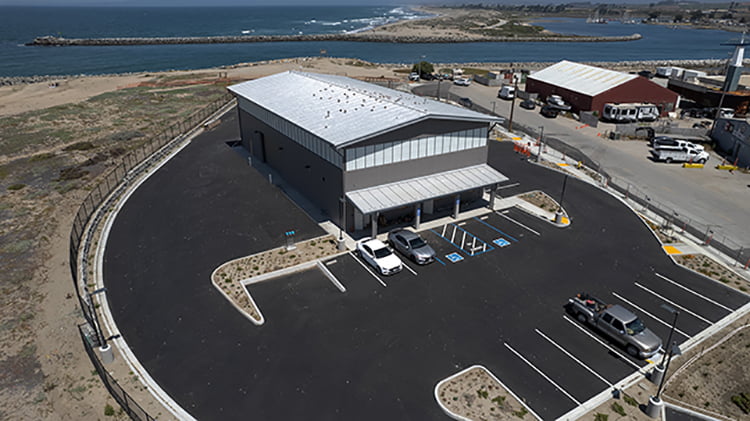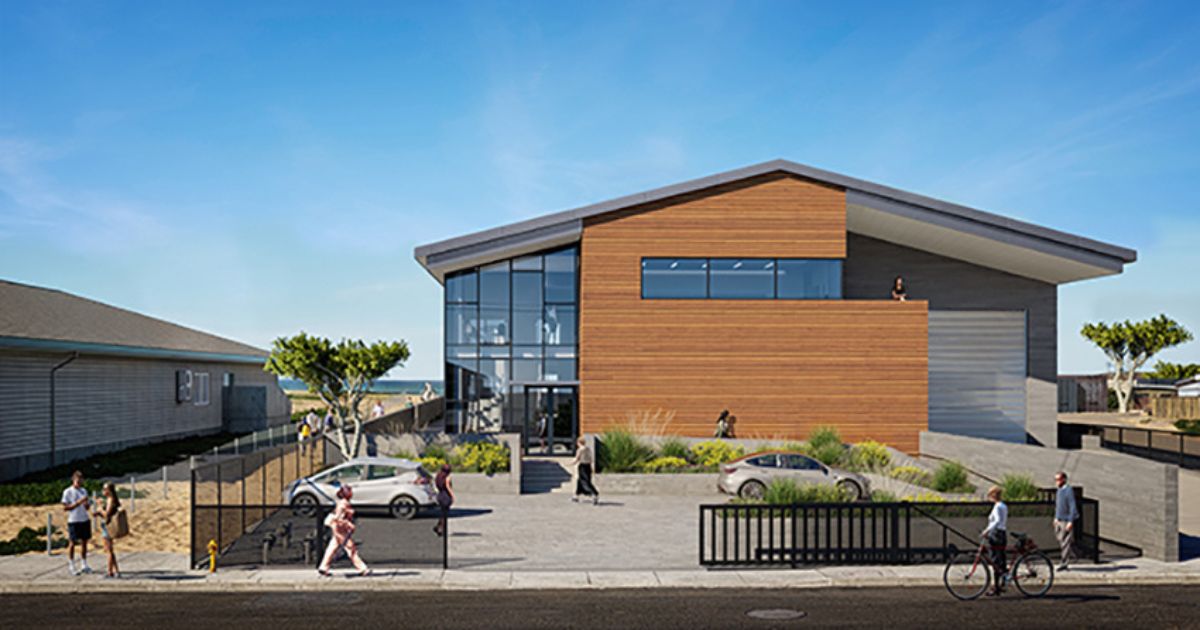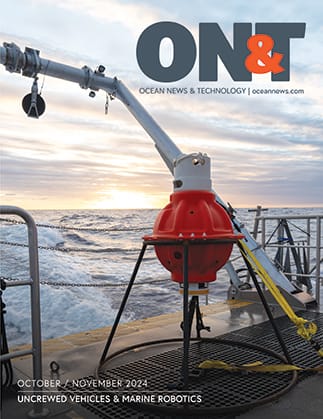“A healthy ocean is our first line of defense against climate change. As the planet continues to warm, we need to stay one step ahead with new discoveries and innovations to understand and better manage the ocean,” said MBARI President and CEO Chris Scholin. “Our new Instrumentation Integration and Testing Facility will be an unprecedented proving ground for our scientists and engineers to test ideas and ensure our technology is field-ready, while increasing the speed with which we can scale our designs and move from research to operations.”
The state-of-the-art facility will also provide space for a weather deck to test the satellite communication capabilities of various instruments (e.g., long-range autonomous underwater vehicles (LRAUVs), floats, gliders) and a meeting space we can convert into classrooms to accommodate training programs or conference rooms for hosting seminars. Additionally, the Central and Northern California Ocean Observing System (CenCOOS)—a regional network of organizations based along the coast that collects, integrates, and shares a wide array of ocean information for the public’s benefit—will be headquartered there.
 MBARI’s new Expedition Staging Building, located at the northern end of the island, will provide the marine operations team to prepare equipment and supplies in support of remote field operations. Illustration: © MBARI
MBARI’s new Expedition Staging Building, located at the northern end of the island, will provide the marine operations team to prepare equipment and supplies in support of remote field operations. Illustration: © MBARI
The Instrumentation Integration and Testing Facility joins the new Expedition Staging Building as MBARI’s first new buildings in more than 20 years. The Instrumentation Integration and Testing Facility will allow to test new technology innovations, while the Expedition Staging Building will help the team prepare marine equipment for deployment in remote field expeditions beyond Monterey Bay, including Mexico and the Arctic. Together, these facilities mark an exciting new chapter that will expand MBARI’s research capacity.
Accelerating ocean discovery and conservation
Other key features of the new facility that will enable MBARI to accelerate its ocean discovery and conservation efforts include:
- A high bay with an overhead crane for assembling newly developed instruments and sensors before moving them onto research vessels for deployment and testing at sea;
- Freezers to preserve samples of marine organisms and deep-sea sediments;
- A variety of research laboratories, including a lab for housing robots like the LRAUVs, which are used to collect ocean health data, an analytical room for processing environmental DNA (eDNA) samples collected using MBARI’s Environmental Sample Processor (3G ESP), and a clean room for assembling and testing precise electronic instruments (e.g., Global Ocean Biogeochemistry Array (GO-BGC) floats that measure oxygen, chlorophyll, and pH);
- An operations center for coordinating field programs; and
- A multimedia center to support in-house training programs, workshops, and seminars.
MBARI is constructing the new building on the same footprint as an existing building that has reached the end of its life span. The construction is set to start in the fall of 2022 and is estimated to take approximately 20 months.

